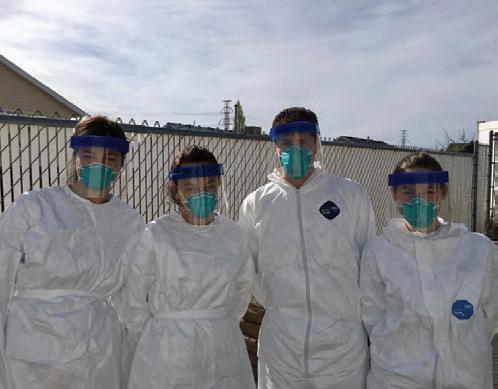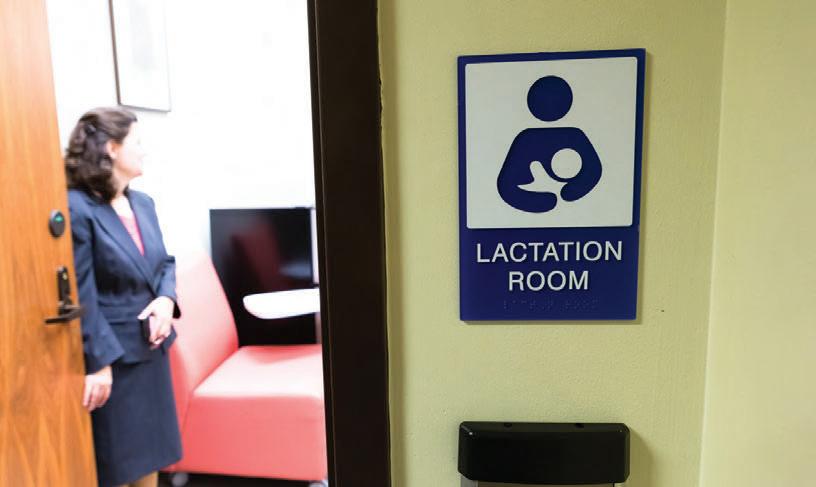
2 minute read
Coaching Data Fluency
Reimagining Foundational Public Health Curriculum
By Allan Tate, Assistant Professor, Department of Epidemiology & Biostatistics
“No one ever taught me why or how to work with data,” is among the most dreaded declarations to hear from a direct report – no matter the discipline. Evidence-based decision making requires data fluency at all levels of career experience to advance population health and clinical standards of care. Data pre-literate teams can slow institutional progress and impede the dissemination of health interventions.
While some of these skills are integrated into graduate curricula, a point of instructional innovation in the College of Public Health is to develop data fluency for undergraduates, when developmental learning moments are low risk. Many of these students will not go on to pursue a graduate education, so where else but “on-the-job” do they get these skills?
During the 2019-2020 academic year, faculty colleagues and I at CPH launched a revisioning of core content courses that introduce elements of data literacy skills. The purpose of this revisioning was to coach students with applied data activities and intensive writing exercises to leap ahead of the year-one, on-the-job learning curve that many of them experience when they enter the workforce.
Further, because disseminating evidence is critical to uptake in the general population, we experimented with live role-playing exercises to encourage empathetic and collaborative communication skill development. Over time, we developed a three-course series that progressively coaches data literacy, data fluency, and data influence with intent to equip students for roles where data are intensively used for decision-making.
The student response to these innovations had unexpected and far-reaching implications for the future prospects of our health workforce.
Social processes create disparities in who is trained and who is exposed to data – and when that training begins. Rethinking how core content is delivered (application versus memorization) disrupts historically sexist and racist views about who can identify as a data analyst.
More than 10% of my students who have been exposed to these course enhancements have verbally told me that “[they] never knew they were good at working with data and are considering graduate school for advanced training.” Others have shared that, while they are not interested in working with data directly, they now have a renewed appreciation for the societal role that data plays in enhancing the ability for populations to thrive – for example, in defending the integrity of the decennial Census.
As an epidemiologist who believes in inspiring the next-generation of critical thinkers and practitioners to use data for influence, these early career investments in our students are crucial for a functioning workforce and will result in transformative diversity and representation at the public health frontline.

As a social epidemiologist, Dr. Tate uses health data to study the intersection of family systems and child health and global health in the context of social conflict and climatological mass trauma.










